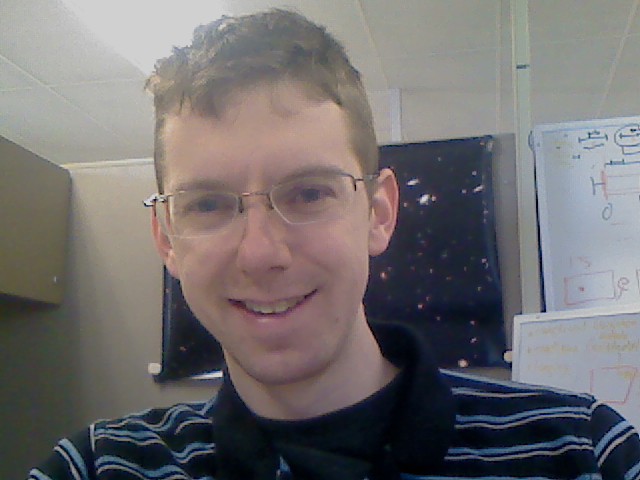People
Steve Schaffer

Official Bio
Steven Schaffer has worked for the Jet Propulsion Laboratory's Artificial Intelligence Group as a flight software engineer and research programmer since 2001. He holds undergraduate degrees in Computer Science and Chemistry from Carnegie Mellon University. While at CMU, he worked with Gal Kaminka on competetive teams of software agents. He also holds a masters degree in Computer Science from the University of Southern California.
Steve has been involved in deployed autonomous robotics projects ranging from unmanned under-sea, sea-surface, terrestrial, and airborne vehicles, to deep space communication antennas, outward to earth-orbiting spacecraft and martian surface rovers. In addition, he has worked on globally distributed sensorwebs, a robotic drilling rig, autonomous science image analysis, autonomous planning under uncertainty, integration of planning and execution systems, path planning in denied environments, and distributed interferometer mission design studies. Across these, his expertise is in the effective integration of dynamic sensory input and operator goals with larger system operational constraints in order to arrive at an efficient forward-looking plan of action for the robot.
Most recently he has worked on autonomy-assisted mission planning and fault recovery for the Europa Clipper project. Coincidentally, he is also sometimes the AIG webmaster.
Steve's research interests are in multi-agent problem solving, adaptive online algorithms, reasoning about uncertainty, and human-agent interaction. Outside of work, Steve enjoys motorcycling, video games, frisbee, hiking, and incinerating things using the Michele Judd Memorial Giant Fresnel Lens.
